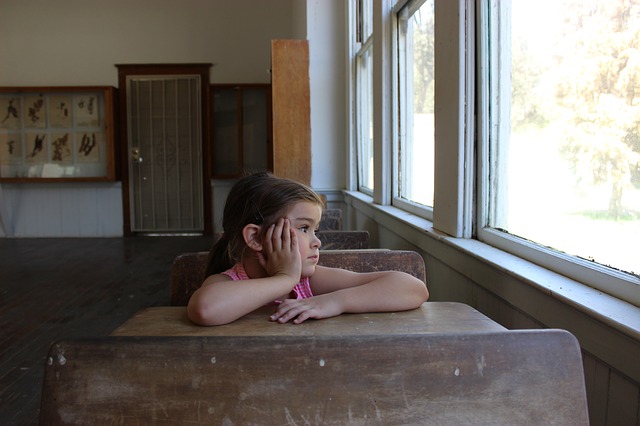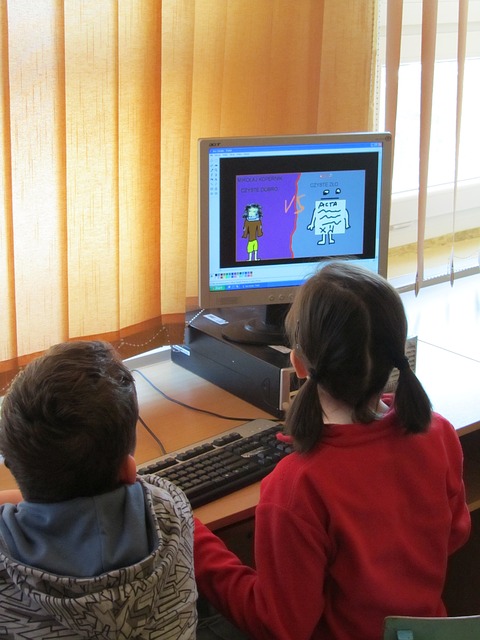5 surprising facts about learning
 Schooladvisor Team
Schooladvisor TeamWe have a lot of preconceived notions about learning and education that were mostly formed by early experiences, faulty influences as well as the media.
Here is a compilation of 5 such beliefs that science and research have proven to be nothing but misconceptions. Prepare to be amazed!
1. Violent and scary videogames are actually good for your kids
Yes, you read that right! Contrary to popular belief, it is in fact psychologically beneficial for children to play video games. This is according to a study done by Cheryl K. Olson and which appeared in Review of General Psychology.
Violent videogames, she states, can help boys dealing with anger, fear, stress and other negative emotions to get rid of them in a virtual environment. These games actually provide children with an alternate way to alleviate their innate desire for adventure and risk.

So, let them play on.
2. Structured teaching can be counterproductive to learning in young children
Thinking of enrolling your child to a pre-school? Make sure you find one that follows an experience-based learning methodology instead of an instruction-based.
A study conducted with children showed startling results of how too much instruction can curtail the natural creativity and inquisitiveness in children. The children were given a toy that did things like playing music, squeaking etc., with some children receiving explicit instructions on how to operate the toy and some children being left alone.
The result was that the children who received instructions just did what they were told whereas the children who were left alone not only found out how to operate the toy but went further to find out more things about it.
So, before you tell your child what or how to do something, think about this study and let them be.

3. Daydreaming is good for the brain
Do you often find your child staring blankly at the walls when she should be studying? If you want your child’s creativity, attention span and IQ to get a boost, whatever you do, please don’t interrupt her daydreams.
Einstein was one of the most noted daydreamers and research now shows the connection between bright minds and daydreaming. In fact, Australia’s first female Nobel prize winner Elizabeth Blackburn says, “I think you need time to daydream, to let your imagination take you where it can.”
4. Practical science work has little to no effect on children’s learning
Science classes are often aided by practical lessons with the aim that they will assist children in grasping scientific theories better. However, this review states otherwise.
It says that most science labs have pre-designed directives which students follow to reach a certain conclusion, and this curbs them from exercising their critical thinking as well as analysing skills.
And oftentimes these labs lack proper infrastructure and hence instead of wasting time in conducting such ‘recipe’ scientific tests, it would be better if schools utilise technology to allow students to understand and master scientific theories.

5. E-books can help your children to retain more information
There has been so much debate on limiting screen time for children in the recent past that many parents have started believing that anything technology is bad for their children.
While too much technology exposure can indeed be bad for your child, e-books should not fall within this category.

In fact, An essay titled The Effects of Electronic Books Designed for Children in Education states that e-books with narration, music, sound effects and videos provide children with the better grasping of concepts than traditional printed books.

Mindblowing facts indeed but what are your thoughts on these? Do you agree to these new studies and research?
Recent Articles
- What Should You Be Looking for in a Preschool?
- HELP Education Group Unveils New Sports Oval in Subang 2 Campus
- Exploring the Homeschooling Path: What Parents Need to Know Before Taking the Leap
- More Parents Are Now Opting for International Schools in Malaysia
- AISM Students Who Dream Big and Build Bigger

